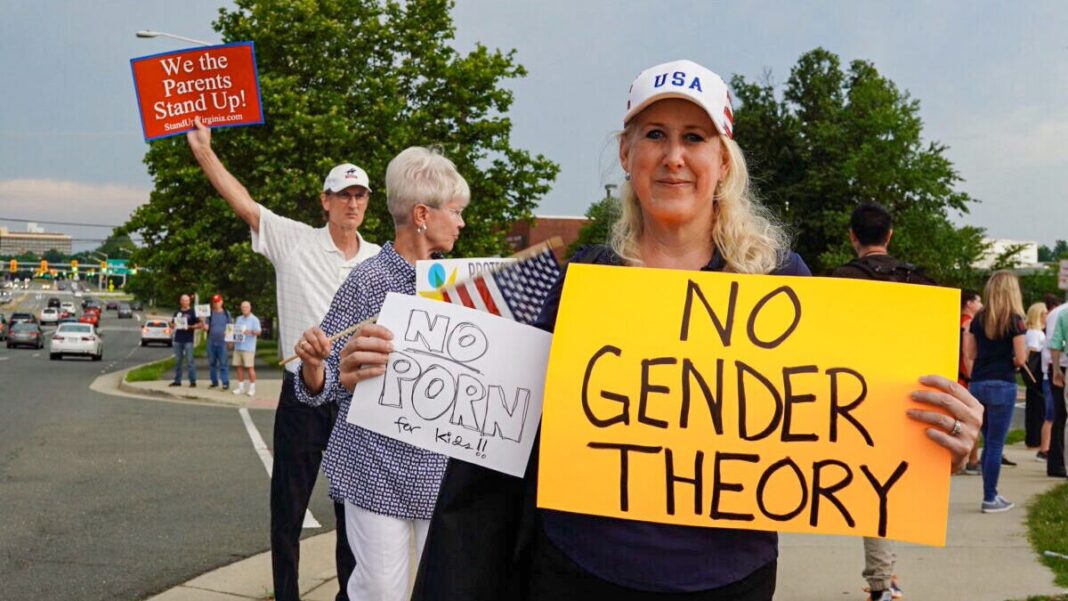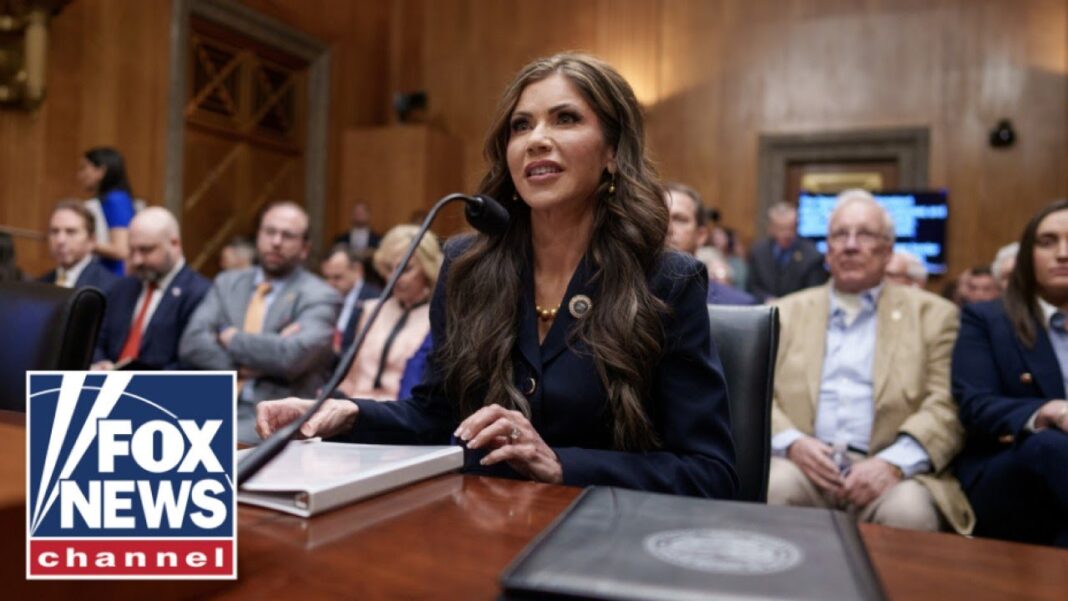The new department leadership said that decisions about school library content should be made at the local level by parents and school boards.
The U.S. Department of Education has taken steps to end what it called the “book ban hoax” promoted by the previous administration.
On Jan. 24, the department’s Office for Civil Rights (OCR) announced the dismissal of 11 complaints related to alleged book bans in schools and rescinded guidance that suggested removing certain books from school libraries could violate civil rights laws.
The new department leadership said that decisions about school library content should be made at the local level by parents and school boards, not regulated by federal civil rights offices.
“By dismissing these complaints and eliminating the position and authorities of a so-called ‘book ban coordinator,’ the department is beginning the process of restoring the fundamental rights of parents to direct their children’s education,” Acting Assistant Secretary for Civil Rights Craig Trainor stated.
He emphasized the department’s commitment to ensuring local control over public education.
“The department adheres to the deeply rooted American principle that local control over public education best allows parents and teachers alike to assess the educational needs of their children and communities,” he said.
In June 2023, then-President Joe Biden announced the appointment of a “book ban coordinator” within the OCR. This coordinator was tasked with informing school districts that prohibiting certain books could violate federal law.
The Biden administration considered book exclusions to be a threat to civil rights, particularly for LGBT students and other minority communities.
“Book banning erodes our democracy, removes vital resources for student learning, and can contribute to the stigma and isolation that LGBTQI+ people and other communities face,” Biden’s White House said at the time.
The current OCR leadership, following a review initiated on Jan. 20, has determined that the issue of book removal is a matter of parental and community judgment rather than civil rights. The department’s attorneys said that books are not being “banned,” but rather that school districts, working together with parents and community stakeholders, have established “commonsense processes” to evaluate and remove age-inappropriate materials.
By Rudy Blalock









